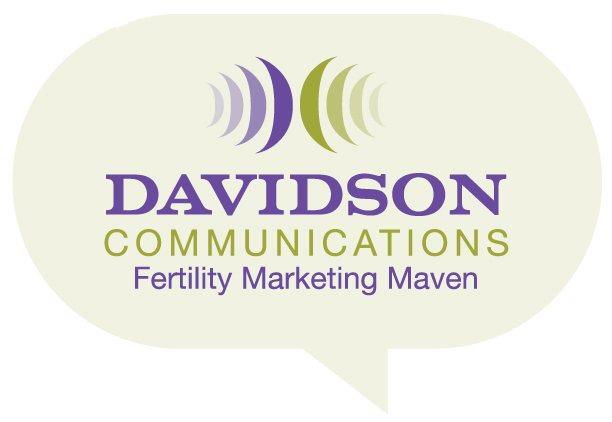Search Engine Optimization
Get found!You’ve invested in the Website, so where are the customers?
The best designed Website in the world won’t amount to a hill of beans if customers can’t find it. That’s why your Website needs to be optimized so search engines like Google, Bing and Yahoo rank your site in searches for keywords your customers use to find the products and services you offer.
Must-do SEO
• MetaData: This includes refining title tags and keywords and adding meta descriptions, relevant keywords to text on each page, h1 and h2 headers (where appropriate), alt text to images, and internal links.
• Creating additional Web pages
• Site map XHTML page and Google registration
• Account management
Should Do SEO
• Linking: Establishing inbound links with relevant companies and organizations linking to Web site; commenting and leaving web site address on blogs; and other methodologies.
• Press releases: Distributing press releases on Web wire services, which provide linkage. Also obtaining actual press coverage on media web sites, which search engines fi nd to be “very important” links because of their high traffic.
• Social media: Engaging in blogs and other social media like Facebook, Twitter and LinkedIn.

Blogging
Add Content with Blogging
Blogging is one of the most effective ways to continually add content to your website. Though a good blog will help you achieve that goal, your primary goal in spending the time and effort necessary to produce an excellent product is to strive to provide great content to your readers.
Linking
Having other websites link to your site is a good way to improve your search engine optimization.
